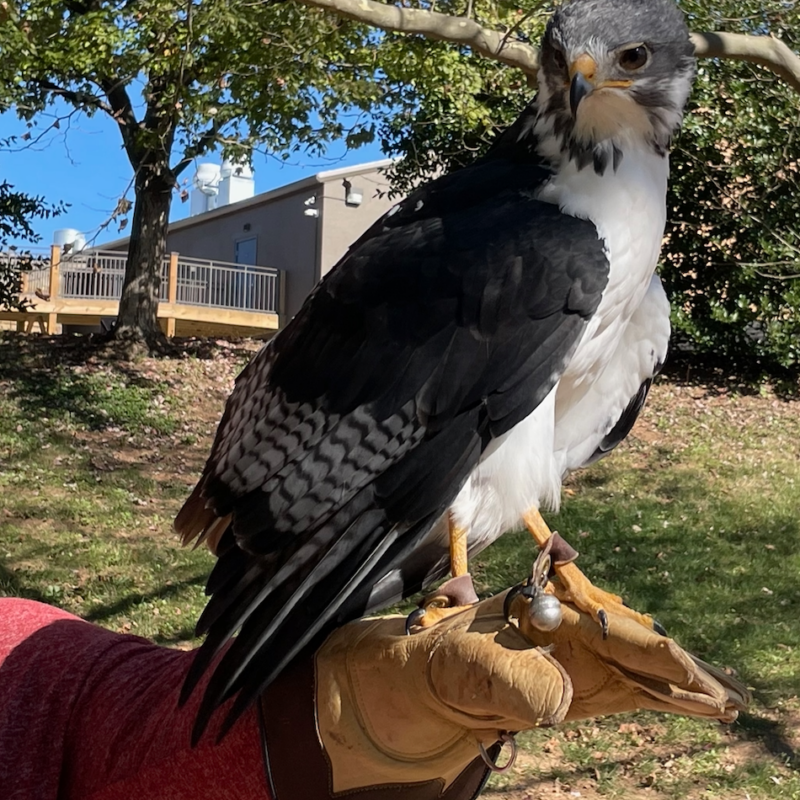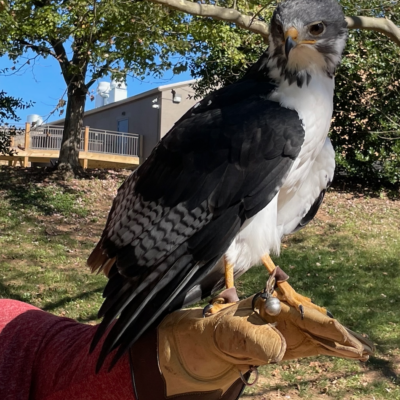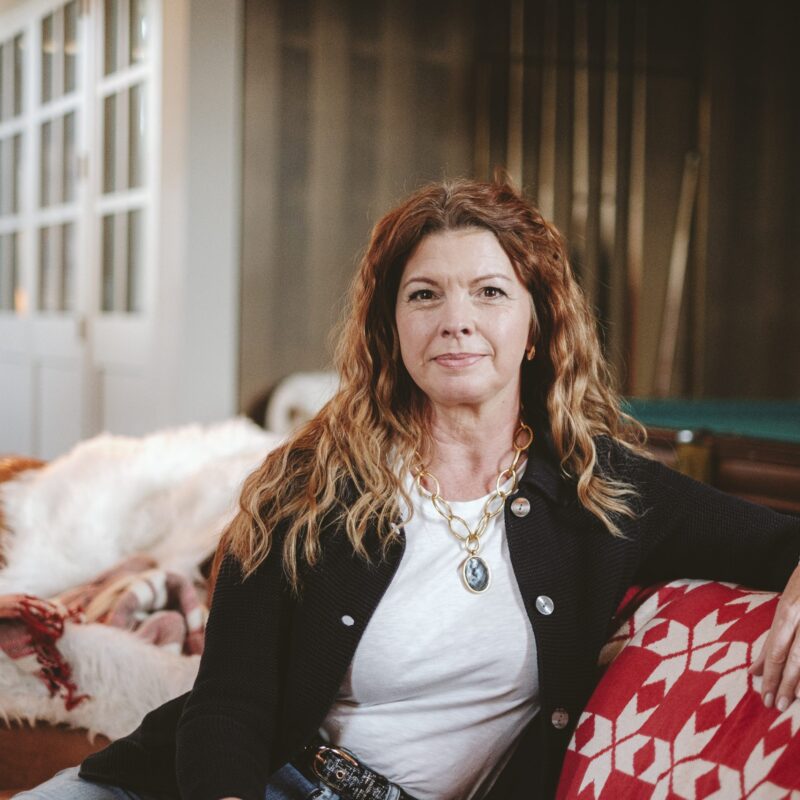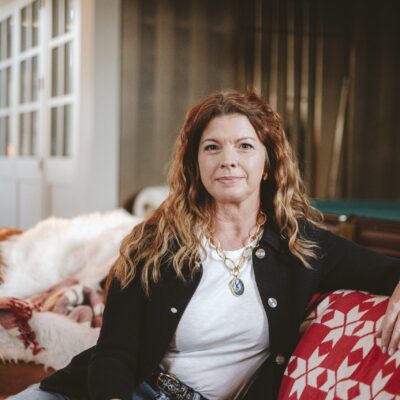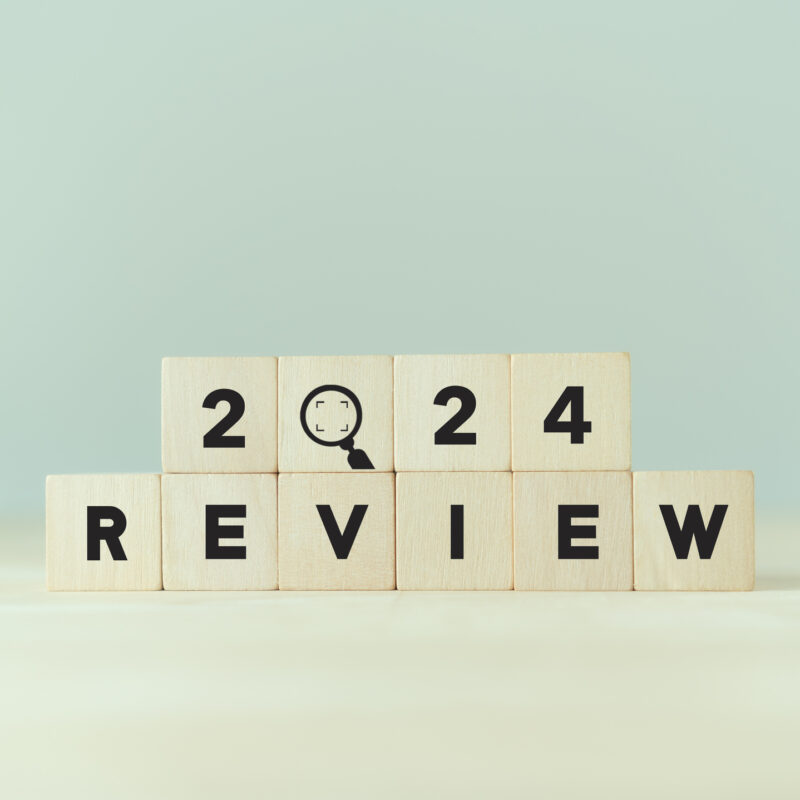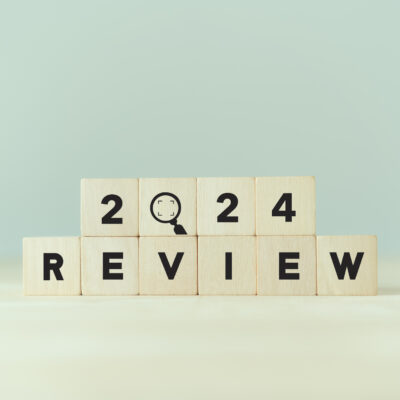Last year’s winner of the National Women’s Wine Competition sits across from me bouncing her 8-week-old daughter on her lap. “[Having] kids is the best thing I’ve ever done in my life,” Emily Pelton says. “They’re just absurd, so beautiful.” Because of her win in the California contest (the first year it was held), she was recently asked to give a presentation to the Business and Professional Woman’s Council of the National Museum of Women in Art in D.C. “I’m not a huge feminist or anything,” Pelton says, “I just happen to be a woman in wine, and so I entered the competition.” Is gender still an issue in the world of vino? “No, it’s not,” she says.
Pelton is the daughter of Andrew and Patricia Hodson, owners of Veritas Winery, where Pelton and her dad are co-winemakers. In 1998, when her parents called her to announce that they were moving to Virginia to start a winery, she was in Nepal studying infectious diseases, in the thick of her master’s in neuroscience and behavioral biology. Hmmm, wine or exotic illnesses, she thought. The work she was doing towards her master’s “was too emotionally draining,” she says, so she called her parents the next day and asked if she could take a year off to help them start the winery. The former city girl (Atlanta, not Kathmandu) and pre-med student soon found a new calling. Making wine, she decided, was what she was going to do, and being an academic and a scientist to boot, she did it the only way she knew how, by enrolling in the Enology Program at Virginia Tech and getting a master’s in winemaking.
 The rest is history: Emily Pelton was in Nepal studying infectious diseases when her parents called her to announce that they were moving to Virginia and starting a winery. |
Nine years later, what she learned at Tech forms the backbone for what she does now, because it taught her how to do all the scientific stuff, the lab work that your average wine lover who decides to plant grapes probably has nightmares about. “I know when to test, and why to test, and how to read my numbers,” she says, “I do a lot of it in house; I can do it myself instead of sending it off to labs.” She’s still a scientist: “I’m very technical. I have a spreadsheet for everything.”
But she doesn’t come across all laboratory-geeky in the slightest. Perhaps it’s because Pelton is very good at balancing things, like the science and the art of winemaking (“My philosophy would be just to let the grape live, but also give it a platform to elevate itself.”), or being a mother of two and a full-time winemaker (“I had to time it very well so that [I wasn’t] pregnant during harvest and [I wasn’t] newly babied during harvest either”).
“It’s a little scary,” she says of her new career. “It’s just like being an artist. It makes me very nervous. Every time I taste my wine, every single time. I don’t get over it. …I get nervous every time because I have so much invested in it and people are always critiquing it. Always. You know what I mean?”
“I know when to test, and why to test, and how to read my numbers,” Pelton says.
